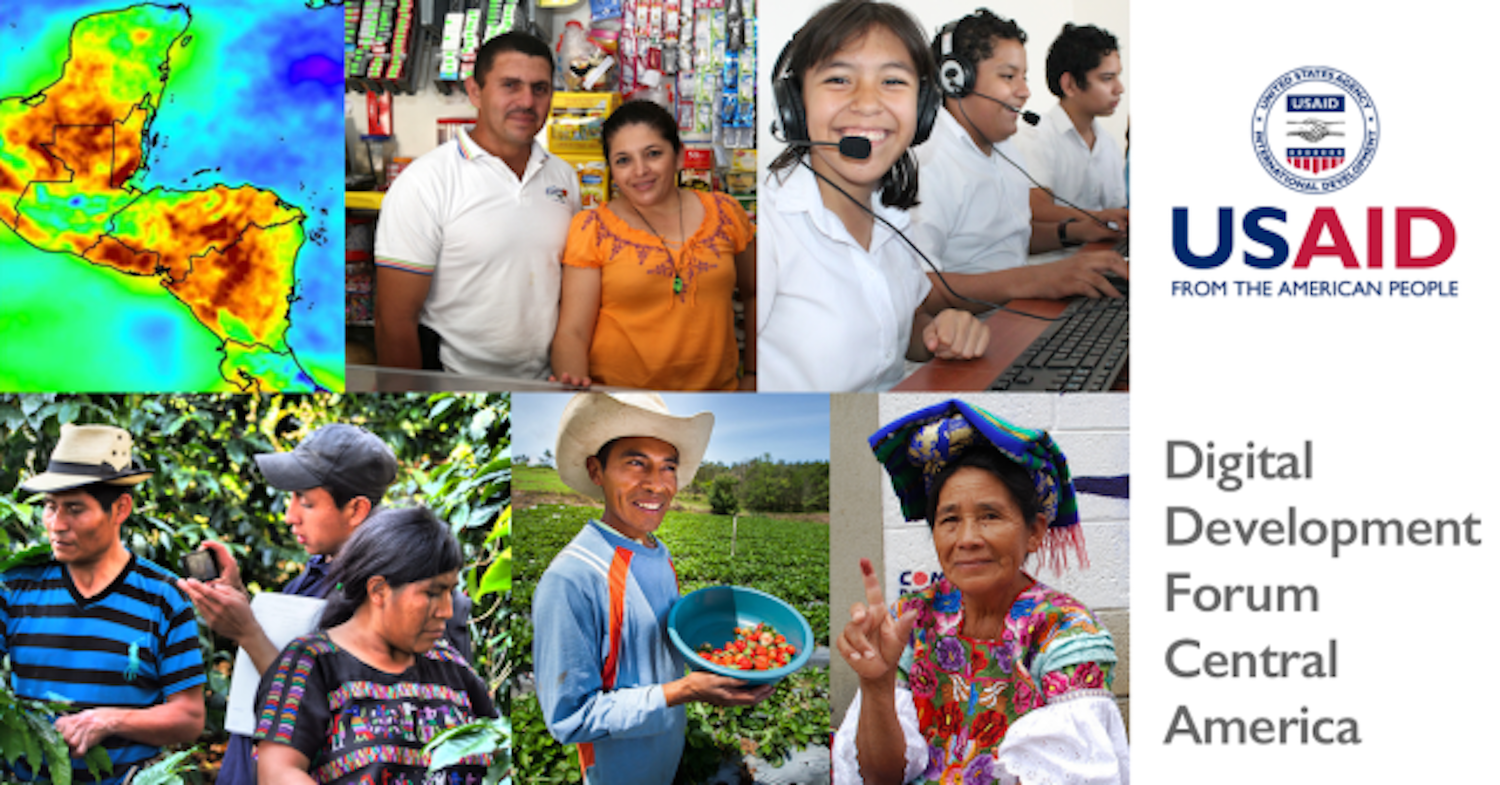Impressions from USAID’s Digital Development Forum Central America

Editor’s Note: This is a guest blog from Victor Hugo Salcedo, a Senior Program Assistant at NDI. Victors works for the Latin America and Caribbean team at NDI, where he focuses on Central America, citizen security and innovation. He's often busy trying to learn how to code, riding bikes and leading community groups for latinos in Washington, DC.
Latin America is one of the most innovation-driven regions in the world. People from Mexico to Uruguay benefit from technological advancements on economic and educational opportunities paired with a strong curiosity to innovative approaches that have changed the day-to-day operations of many countries. Governments and citizens, to different degrees in Latin America, continue to define what innovation means to them and how to successfully adapt to change.
In June, I had the opportunity to attend a digital development conference in San Salvador, El Salvador, hosted by the United States Agency for International Development (USAID), focused on discussing digital development approaches in Central America.The conference brought together citizens, companies and governments from more than 10 different countries in Latin America and the world, exemplifying the growing interest in technology’s role in the region.
Throughout the two-day conference, technology and economic experts from Latin America discussed how the Internet is changing the lives of citizens and government processes; how access to more data and information has created a greater interest in transparency and government accountability; how social media and increased cellphone penetration have increased the economic viability of small businesses and how governments adapt in an ever-changing digital environment. I was particularly impressed by the level of the discussions on each panel, as well as the profound interest of participants, to debate these topics during networking sessions.
Photography Credit: @wayanvota, Twitter
Nowadays, more citizens around the world are trying to leverage tools to better harness the power of democratic processes in their communities. Attendees to the USAID conference were interested in examples of adaptable tech tools for promoting communication between citizens and government institutions. Various panels were concentrated on how different governments in the region react to civic innovation in economic and social realms. I gave a small presentation during a lunch session on that topic, focusing specifically on NDI’s DemTools suite. This set of tools was designed to help empower civil society organizations, political parties and legislatures around the world by applying technology solutions to common democratic challenges.
My presentation focused on some practical examples that allow citizens and governments to hold better communications, a major theme during the conference. For instance, in Colombia, citizens have used DemTools to create a platform to better communicate with their legislators by using short YouTube videos. In addition to specific tools, there also exist concentrate networks of individuals that communicate to share experience and successes. The Red Innovacion network, supported by NDI, has created spaces for constant regional communication, online courses on democratic strengthening practices and online discussion on uses of technology for democracies.
From entrepreneurship to democratic participation, countries in Latin America are developing digital instances to solve current maladies. These many pixels and tones compose a concentrated effort that paints a picture of a region moving forward with 21st century solutions to recurrent problems -- weak democratic institutions, lack of citizen participation in national-level decisions and economic opportunities for a greater share of the population. While there are still more steps to be taken, a greater will from citizens, companies and government to spur innovation is changing the Latin American landscape for the greater good.
